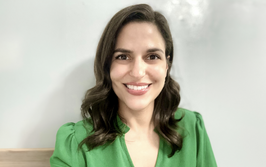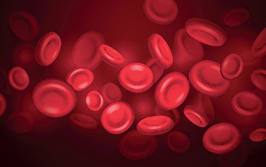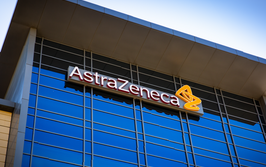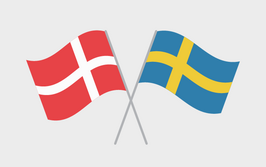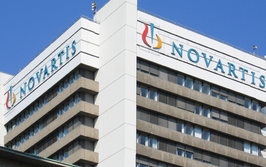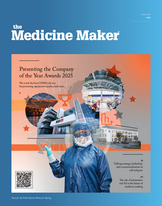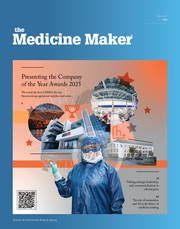The Business of Biosimilars
Sitting Down With… Carsten Brockmeyer, CEO, Formycon, Germany.
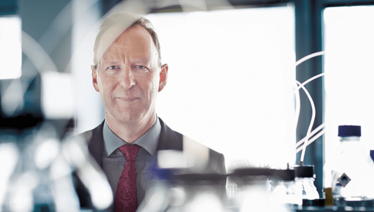
What drew you into the pharma industry from academia?
I’m a biologist by training and have a strong background in human biology, immunology and oncology, so most of my work was close to the clinic. At around the same time, the first monoclonal antibodies were making their way into the clinic, but we had very limited capabilities in academia to produce them. When I had the chance to join Baxter it was a great opportunity for me to help to develop and manufacture products that could have a big impact.
How did you get into biosimilars?
Back in the 1990s, biotechnology didn’t exist for generic companies. People said it would be impossible to develop a copy of an existing biotech product because – as the popular phrase goes – the process is the product. It was assumed that you would have to repeat everything from scratch, and submit a full new Biologics License Application (BLA).
But by working in the innovator industry I had learned how to demonstrate comparability for biotechnology products; when we transferred our processes between sites, or changed the cell line used, we needed to demonstrate the comparability of our monoclonal antibodies without having to repeat all of the pre-clinical and clinical studies. And that gave me a head start when it came to developing the world’s first glycoprotein biosimilar, Epoetin alfa at Hexal AG.
What was your approach?
The first challenge was to get a clear target specification. For a small molecule, you could simply consult a pharmacological monograph, but there were no detailed monographs for biologics, so we had to confirm the specifications of the originator. We sequenced the originators and established analytical methods to give us a blueprint. It was a completely new approach.
You clearly have a pioneering spirit – is that why you set up your own company?
Starting my own business was something I had always envisaged doing, but I saw a real opportunity when President Obama signed the Affordable Care Act in 2010; suddenly, a regulatory pathway for biosimilars was on the horizon in the US. So I left Sandoz to make my dream come true and establish my own consulting company, Brockmeyer Biopharma, to help companies with biosimilars strategies.
What’s the secret to being a successful consultant?
My company’s success was partly based on my previous scientific achievements and track record, but the fact that I really enjoy connecting with people and sharing knowledge was also key. Some people feel that they give away too much of their know-how for free if they speak at congresses, or run workshops, but I think differently; it’s a great opportunity to connect with other people and, if you really love what you’re doing, sharing expertise is very satisfying.
But then the opportunity at Formycon came along?
That’s right. I gave a one-day workshop on biosimilars to Formycon, and at the end of the day, Nicolas Combé (now Formycon’s CFO) asked if I would be interested in leading the company on its way into the biosimilar field. It was a tough decision, but I couldn’t resist the opportunity.
What has been your biggest challenge as CEO?
Convincing investors in Germany and Europe to support biosimilar development back when the term wasn’t really known was tough. Today, biosimilars are very attractive to the investment community. I believe we are now one of the best-financed independent biosimilar developers in the world.
What are the main challenges facing biopharma?
Medical needs are changing as the global population ages, with autoimmune disease, diabetes and cancer becoming more and more prevalent. Biologics are very powerful in treating some of these conditions, but the cost can be a big problem. Even in developed countries, access to biologics is limited because of the high price, and the majority of patients in less developed countries, where 85 percent of people live, have no access to biologics at all. The WHO recently added several monoclonal antibodies to its list of ‘essential medicines’, so it needs fixing.
I am not against patent protection, but only competition will drive innovation. Competition results in cheaper biologics, which gives more people access. As a company we need to be profitable, but we also need to make the world a better place by broadening access to essential medicines.
If you could go back in time and speak to your younger self, what would you say?
Love what you’re doing. I think that’s the most important thing in life: do what you enjoy doing and share that with others.

As an Editor at Texere, I’m working closely with our audience to create vibrant, engaging content that reflects the hard work and passion that goes into bringing new medicines to market. I got my start in biomedical publishing as a commissioning editor for healthcare journals and have spent my career covering everything from early-stage research to clinical medicine, so I know my way around. And I can’t think of a more interesting, challenging or important area to be working in.

